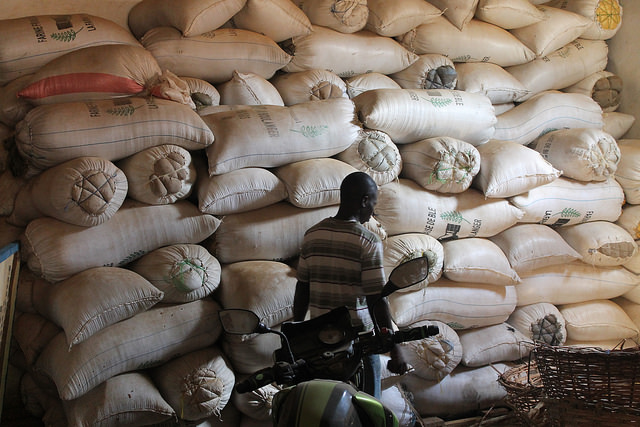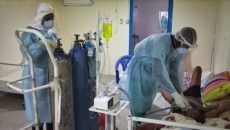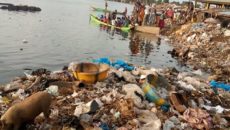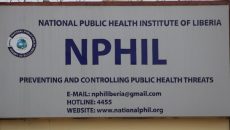MONROVIA, Montserrado – Months after President George Weah announced a food distribution scheme to alleviate the harsh conditions faced by vulnerable populations during the COVID-19 lockdown, a report submitted by the World Food Programme to the Liberian government notes that fewer than five percent of the food has been distributed.
The president had announced the program in April, as nationwide curfews were being imposed through a state of emergency to restrict the movement of the public.
The report, which covers the period from April to July, said only 4.6 percent of the 32,264 metric tons of food earmarked for purchase had been distributed to beneficiaries.
“To-date, delivery accounts for 4.61 percent of the [COVID-19 Household Food Support Programme] total food requirement, while 13 percent delivery has been made in Montserrado and 0.03 percent delivery has been achieved in Margibi County,” the report read.
The US$30 million-funded program, which aims to reach 2.5 million of the most vulnerable, poor, and insecure persons across the country, has been bogged down by delays due to Liberia’s poor road network and the slow enumeration of beneficiaries, the report said.
Each household is expected to receive 50 kg of rice, 10 kg of beans, and 5 liters of oil. Vulnerable populations such as orphanages and homes for persons with disabilities are also expected to receive distributions.
Siata Momo, the administrator of the Sis. Iye Orphanage, which has 45 orphans, confirmed receiving the orphanage’s food package. Momo said the home received 20 bags of 25kg rice, two 50kg bags of beans, and 10 gallons of vegetable oil. She said the food aid came at a time when the home most needed it.
“Though we got some support from other good people, those were not enough,” she said, noting that the aid allowed the orphans to eat a more varied diet. However, Momo expressed concern that the supplies, which the government said was only supposed to last for 30 days, could end soon.
At the Comfort K. Toe Orphanage Home, Stanley Frank Weefar, says the home also received its allotment for use on the 30 children under its care.
Besides orphanages, the report noted that from April to July, 12,249 households received food packages from the government.
Included among these beneficiaries was Hawa Dunor, a resident of Monrovia’s Jallah Town community. Although she confirmed receiving 50 kg of rice, one gallon of oil, and beans, Dunor said she no longer has the food around, as her family has consumed the food already.
Meanwhile, Daniel Thomas, assistant minister for information services at the Ministry of Information, cautions that the report is only meant to provide an update to the public on the food distribution program.
He said it highlights communities and institutions that have been reached so far and admitted that distribution in Montserrado had not been completed yet. He also noted that enumeration was still ongoing in some counties, including Grand Bassa.
The partial report revealed that there are more female-headed households than those run by males, which Thomas says is due to the fact that female-headed households tend to be more vulnerable and many of them are single mothers carrying on the responsibility of both parents.
Featured photo by Nico Parkinson/USAID Food and Enterprise Development Program for Liberia



